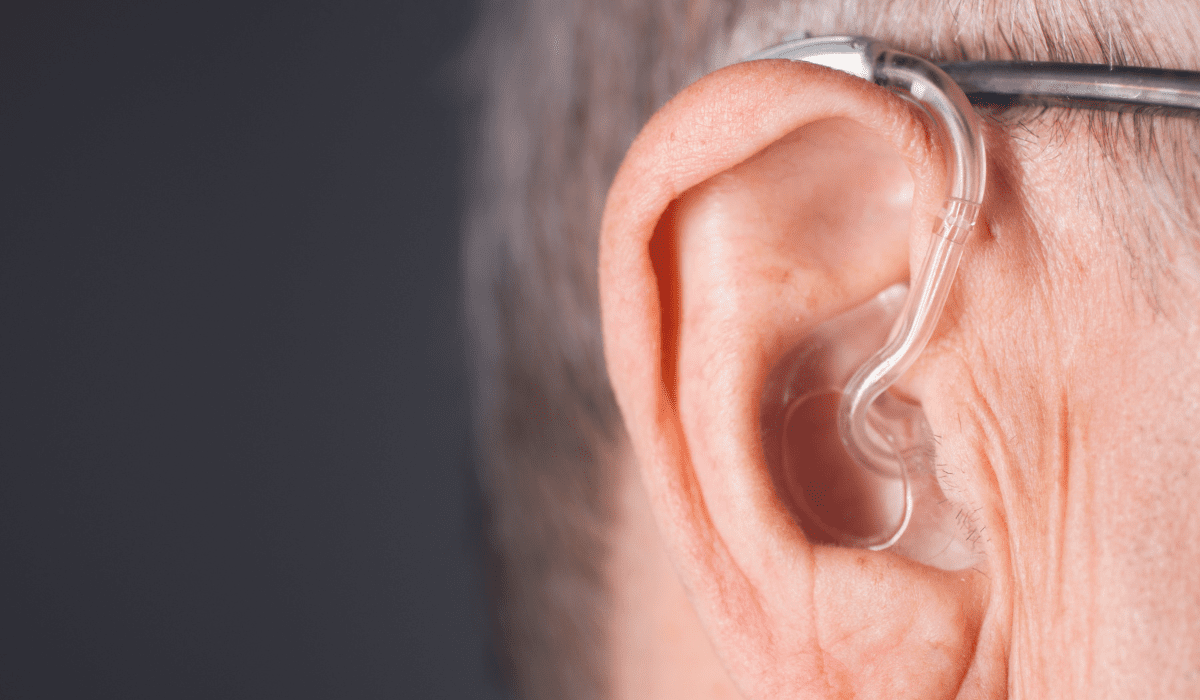Can you Sleep with Hearing Aids

As a hearing aid user, you may wonder if it is safe or comfortable to wear hearing aids while sleeping. The answer is not a simple yes or no since it depends on various factors. We will explore the question of whether you can sleep with hearing aids and provide you with useful tips on how to do it safely and comfortably.
Factors to Consider Before Sleeping with Hearing Aids
Before you decide to wear your hearing aids to bed, there are several factors you need to consider to ensure that you do not compromise your safety or comfort. These factors include:
- Type of hearing aids
Some hearing aids are designed to be worn continuously, including during sleep, while others are not. For example, behind-the-ear (BTE) hearing aids with earmolds are generally more comfortable for sleeping than in-the-ear (ITE) hearing aids, which may cause discomfort or pain when pressed against the pillow.
- Comfort level
Wearing hearing aids while sleeping may be uncomfortable or painful for some users, especially those with sensitive ears or skin. It is essential to ensure that your hearing aids fit properly and do not cause any irritation or pressure points.
- Battery life
Some hearing aids have a shorter battery life than others and may not last through the night, which could disrupt your sleep. Make sure to check the battery life of your hearing aids and replace them before bedtime if necessary.
- Sound level
If your hearing aids are set to a high volume, they may amplify environmental sounds or your own bodily sounds, such as breathing or snoring, which could interfere with your sleep or that of your bed partner.
- Risk of damage
Sleeping with hearing aids increases the risk of damage, such as accidental dislodging, moisture buildup, or earwax clogging, which could affect the performance and lifespan of your devices.
Tips for Sleeping with Hearing Aids
If you decide to wear your hearing aids to bed, here are some tips to help you do it safely and comfortably:
• Choose the right hearing aids
Opt for hearing aids that are comfortable, secure, and suitable for sleeping, such as BTE or over-the-ear (OTE) styles with soft ear cushions or molds. Avoid ITE or completely-in-canal (CIC) hearing aids, which are more prone to damage and may cause discomfort.
• Clean and maintain your hearing aids
Regularly clean and dry your hearing aids to prevent moisture, earwax, or debris buildup. Use a soft, dry cloth or brush to remove any dirt or dust, and store your devices in a dry and protective case.
• Turn down the volume
Lower the volume of your hearing aids to reduce the amplification of background noise or bodily sounds. When wearing hearing aids while sleeping, it’s important to adjust the volume levels to avoid any discomfort or disturbance during the night. You can consult with your audiologist to set the right volume levels for your specific hearing needs. Additionally, some hearing aids come with a sleep mode or a special program that can adjust the volume automatically based on the environment or time of day. By reducing the volume levels, you can minimize any distractions and ensure a peaceful and restful sleep.
- Use earplugs or other sleep accessories
If you find wearing hearing aids uncomfortable or disruptive to your sleep, you can try using earplugs or other sleep accessories to block out noise and improve comfort. There are many types of earplugs and sound-blocking devices available, such as foam earplugs, noise-canceling headphones, or white noise machines. Experiment with different options to find the ones that work best for you.
- Remove hearing aids during sleep
If all else fails, you may consider removing your hearing aids during sleep. This option may be especially suitable for users with severe hearing loss or those who do not rely on their hearing aids for safety or emergency purposes during the night. However, be sure to store your hearing aids in a safe and dry place and clean them regularly to prevent damage or malfunction.
Can sleeping with hearing aids damage my devices?
Yes, sleeping with hearing aids can increase the risk of damage, such as accidental dislodging, moisture buildup, or earwax clogging. Make sure to clean and maintain your devices regularly and store them in a safe and dry place.
What are the best types of hearing aids for sleeping?
The best types of hearing aids for sleeping are those that are comfortable, secure, and suitable for continuous wear, such as BTE or OTE styles with soft ear cushions or molds. Avoid ITE or CIC hearing aids, which are more prone to damage and may cause discomfort.
Conclusion
In conclusion, sleeping with hearing aids is possible, but it depends on various factors, such as the type of hearing aids, comfort level, battery life, sound level, and risk of damage. If you decide to wear your hearing aids to bed, make sure to choose the right devices, clean and maintain them regularly, turn down the volume, and use sleep accessories if needed. Alternatively, you can remove your hearing aids during sleep, but do so only if it does not compromise your safety or hearing needs.
RECENT ARTICLES
